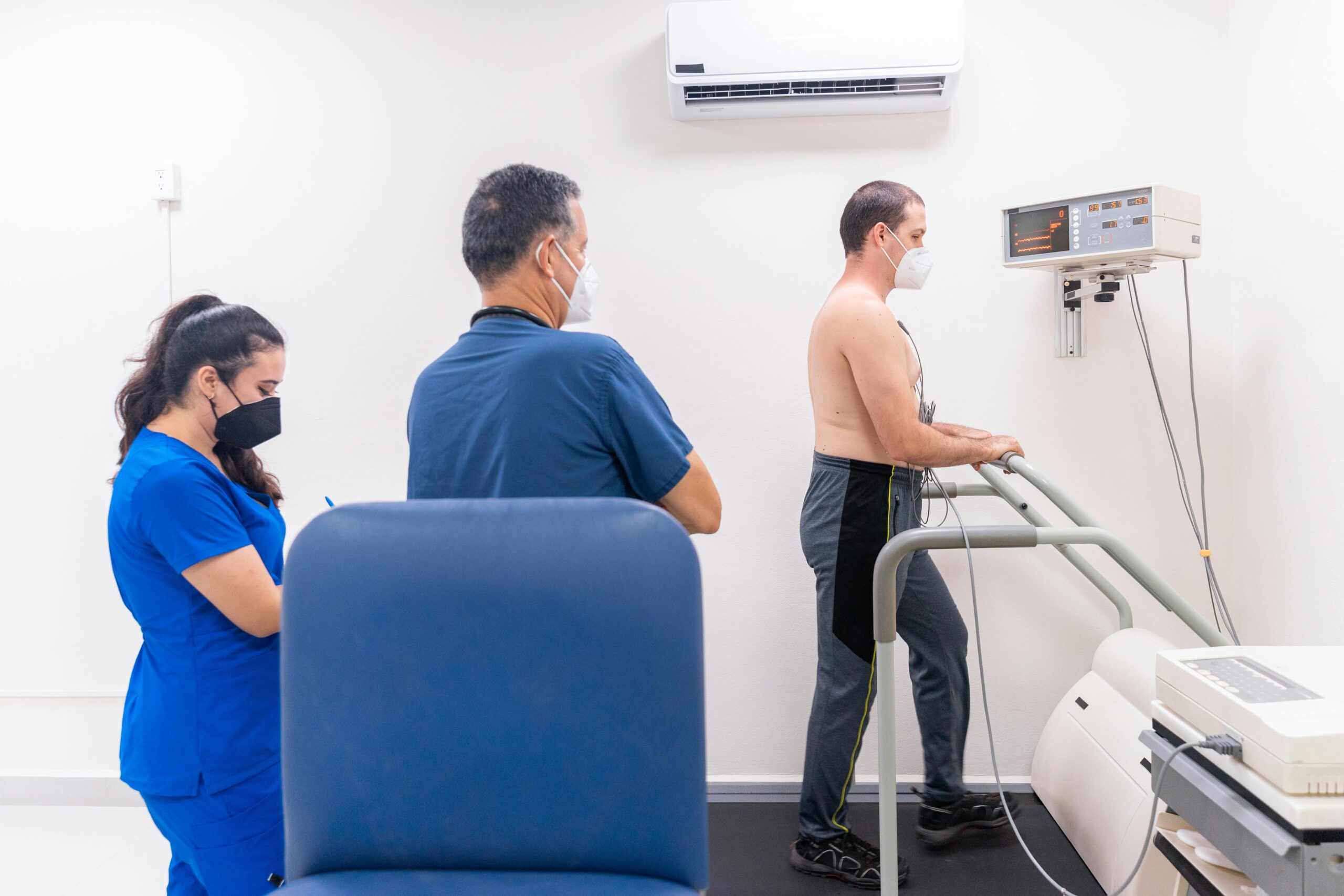A first visit to a cardiologist often follows concerning symptoms. These can include chest pain, shortness of breath, or irregular heartbeats. Your primary care doctor may refer you due to high blood pressure or cholesterol. A family history of heart disease can also lead to a referral.
You may not feel sick, but the visit still matters. Cardiologists can detect early warning signs before symptoms appear. They look for patterns, risk factors, and underlying conditions. Early action often prevents bigger health issues later.
How to Prepare Before Your Appointment
Being prepared can help you get the most out of your medical visit. Start by writing down your full medical history. Include past surgeries, diagnoses, and all medications you currently take. Don’t forget over-the-counter drugs, vitamins, or supplements.
Track your symptoms carefully and be as detailed as possible. Note when they started, how often they occur, and any triggers. Describe the type and location of any pain or discomfort. Also, bring a list of questions or concerns to discuss.
What to Expect During the Cardiologist Visit
Your cardiologist will begin with a thorough conversation to understand your overall health, lifestyle, and specific symptoms. They will ask when your symptoms began, how often they occur, and what might trigger them. You should expect questions about your daily habits, activity level, and how you manage stress. These details give your doctor a clearer picture of your heart health.
After the discussion, your doctor will perform a physical exam to gather information. They will check your blood pressure, measure your pulse, and listen carefully to your heart and lungs. This helps them assess your heart’s condition and identify any irregularities. Your family history may also be reviewed, as even small details can guide your treatment plan.
Tests That May Be Recommended
Your doctor may order tests based on your symptoms to better understand your heart health. An electrocardiogram checks your heart’s electrical activity. It can detect abnormal rhythms or signs of past heart damage. This test is quick, painless, and often done during the visit.
An echocardiogram uses sound waves to create images of your heart in motion. It helps show how well your heart pumps blood. A stress test monitors your heart during exercise, often using a treadmill. Blood tests may check cholesterol and other markers, with some tests done later if needed.
Take Charge of Your Heart Health Today
After reviewing your exam and test results, your doctor will discuss what they mean for your heart health. They may recommend changes like improving your diet, increasing physical activity, or finding ways to manage stress. These lifestyle adjustments can support your heart and overall well-being. If medication is needed, your doctor will explain how to take it and possible side effects.
You may also be referred for additional tests or scheduled for a follow-up visit to monitor progress. Ask questions if anything is unclear or confusing during your appointment. Understanding your care plan makes it easier to follow and stay on track. Take notes and share updates with your care team if your symptoms change over time.
- FREHF – The Revolutionary Future Of Human-Centered Technology!
- Adsy.Pw/Hb3 – Boost Your SEO And Drive More Traffic!
- Fitness Based Vacations By Timeshealthmage.com!
- TimesHealthMag Tips For Improving Sleep Quality – Expert Advice For Better Rest!
- How TimesHealthMage Helps Improve Your Lifestyle Habits!


Leave a Reply